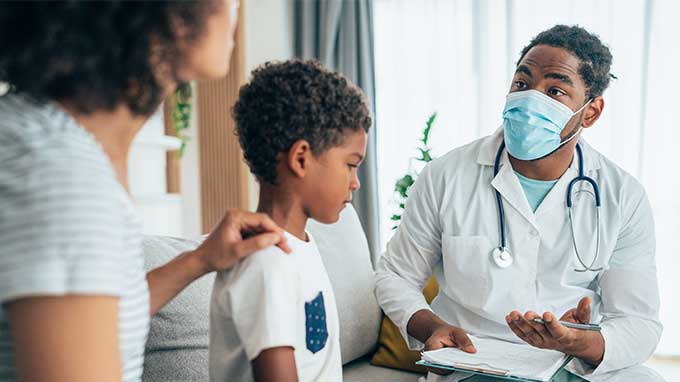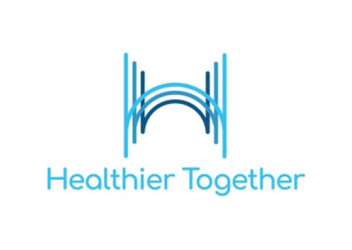Research In Action
Research In Action
Breadcrumb

In many cities across the United States, gun violence rates have surged dramatically since the start of the COVID-19 pandemic. In Philadelphia, 2021 is on pace to be the most violent year in the city’s history, with more than 1,700 shootings since January.
When we think about the health effects of this persistent and pervasive gun violence, we often think first about children who are directly affected – shooting victims. But it’s also important to consider the secondary effects of gun violence on children who hear, witness, or learn about shootings in their neighborhood.
As a pediatrician, I have often seen children come into the hospital or clinic with mental health-related symptoms, including depressed mood, anxiety, and symptoms of post-traumatic stress disorder, in the days and weeks following a shooting near their home or school. Many of my colleagues in the emergency department (ED) have had similar experiences. These experiences motivated us to design and conduct a study focused on the relationship between episodes of gun violence in Philadelphia and acute mental health symptoms among children living in the surrounding neighborhoods.
Hospital Visits Following Exposure to Gun Violence
For this study, which was recently published in JAMA Pediatrics, we combined data on the locations of police-reported shootings from OpenDataPhilly with data on emergency department visits from the Children’s Hospital of Philadelphia electronic health record. We examined ED visits for children ages 0 to 19 living in West and Southwest Philadelphia between 2014 and 2018. A total of 2,629 people were shot in this area during our four-year study period, and 54,341 children living nearby had 1 or more ED visits within 60 days of a shooting.
We found that children living within one-fourth of a mile (4-5 blocks) of a shooting had increased odds of mental health related ED utilization in the two months after this shooting. The odds of mental health related ED visits were greatest for children living closest to the shooting (within 2-3 blocks), in the two weeks immediately after the shooting, and for children exposed to multiple shootings. Overall, our findings show that symptoms of mental health distress in children can appear within days of being exposed to a shooting, and that children who are exposed to shootings frequently are at particular risk of developing mental health symptoms.
Impact on Health Equity
In Philadelphia and many other cities, gun violence disproportionately impacts Black children and families and children and families living in poverty, in large part due to the effects of structural racism, including practices like redlining and discriminatory bank lending, which have led to persistent racial segregation and concentrated poverty. Reducing neighborhood gun violence exposure must therefore be a priority for health systems and city public health departments working toward child health equity.
Our results underscore the urgent need to implement public health interventions aimed at:
- Reducing children’s exposure to gun violence, such as safe storage and background check laws, vacant lot greening, violence prevention programs;
- Mitigating the mental health symptoms associated with this exposure, such as trauma-informed care for all children in the ED and increased community-based mental health support for children and families exposed to neighborhood violence.
Policymakers, city health departments, and health systems must work together, in partnership with community-based organizations, to prevent gun violence exposure and protect children’s mental health.




